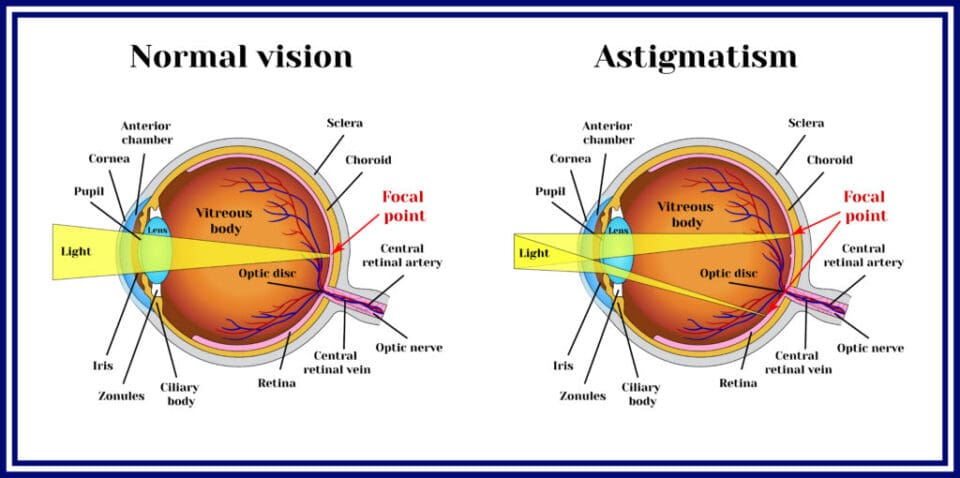
Navigating LASIK: Unveiling High Success Rates
Embarking on the journey of LASIK can be transformative, offering freedom from glasses or contacts. Understanding the LASIK success rates is crucial for individuals considering this life-changing procedure. Let’s delve into the factors that contribute to LASIK success and what prospective patients should know.
Defining LASIK Success: Visual Clarity and Satisfaction
LASIK success extends beyond achieving 20/20 vision. While visual acuity improvement is a primary goal, patient satisfaction plays a vital role in defining success. Factors such as reduced dependence on corrective eyewear, improved lifestyle convenience, and overall contentment contribute to the holistic assessment of LASIK outcomes.
Technology Advancements: Elevating Success Rates
Technological advancements in LASIK have significantly elevated success rates. Modern LASIK procedures utilize state-of-the-art laser technologies, enhancing precision and customization. Wavefront-guided LASIK and femtosecond laser technology contribute to more predictable outcomes, minimizing the risk of complications.
Patient Candidacy: A Crucial Determinant
LASIK success rates are influenced by patient candidacy. A thorough pre-operative evaluation assesses factors such as corneal thickness, refractive error, and overall eye health. Ideal candidates typically experience higher success rates, with lower risks of side effects or complications.
Surgeon Expertise: A Cornerstone of Success
The expertise of the LASIK surgeon is a cornerstone of procedure success. Experienced and skilled surgeons have a profound impact on outcomes. Patients should seek board-certified ophthalmologists with a track record of successful LASIK procedures, ensuring a higher likelihood of positive results.
Customization for Individualized Outcomes
LASIK success is increasingly linked to customization. Customized LASIK procedures consider the unique corneal shape and visual imperfections of each eye. This personalized approach enhances the accuracy of vision correction, contributing to improved outcomes and patient satisfaction.
Postoperative Care and Compliance
Postoperative care and patient compliance significantly influence LASIK success. Following the surgeon’s postoperative instructions, attending follow-up appointments, and using prescribed medications are crucial. These measures contribute to proper healing and optimize visual outcomes.
Potential Risks and Complications: A Realistic Outlook
While LASIK success rates are high, it’s essential to acknowledge potential risks and complications. Dry eyes, temporary visual disturbances, and undercorrection or overcorrection are among the possible side effects. A realistic discussion with the surgeon about potential outcomes fosters informed decision-making.
Long-Term Stability: Sustaining Success
LASIK success is not only about immediate outcomes but also long-term stability. Evaluating the stability of vision correction over time is crucial. LASIK procedures with a focus on maintaining visual acuity and minimizing regression contribute to sustained success.
Patient Testimonials: Real-Life Experiences
Exploring patient testimonials provides real-life insights into LASIK success. Hearing about the experiences of individuals who have undergone LASIK from the same surgeon or clinic can offer valuable perspectives. Positive testimonials often reflect the satisfaction and success of the procedure.
Exploring LASIK Success Rates Further
For those considering LASIK, exploring LASIK success rates in-depth is essential. Visit myownperfectsite.com to delve into comprehensive information on LASIK success, procedure details, and find reputable surgeons. Armed with knowledge, prospective patients can make informed decisions on their journey to visual freedom.